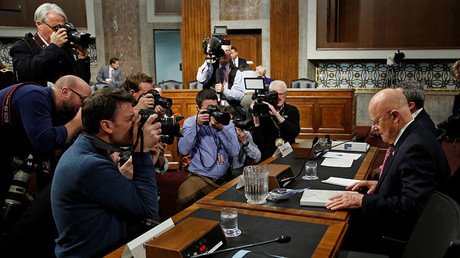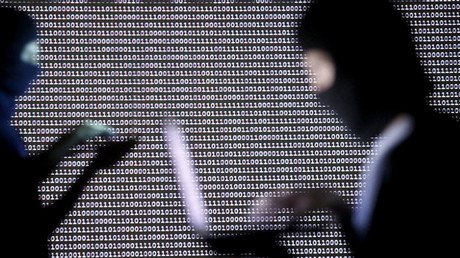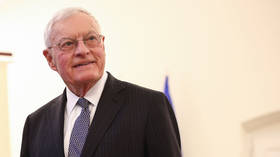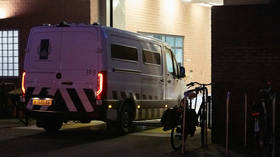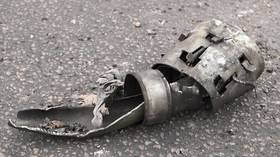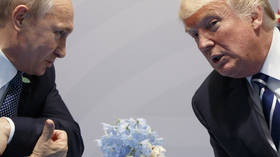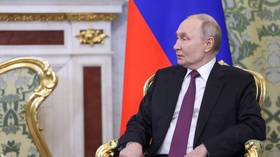Dutch to hand-count ballots in March vote amid ‘hacking & fake news’ fears
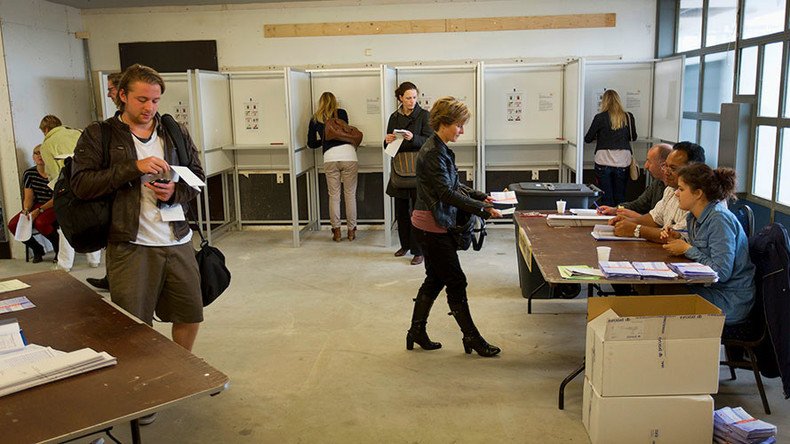
The Dutch government has decided to scrap the ballot counting software in the upcoming Parliamentary elections, notifying all municipalities in the Netherlands to manually count the vote ballots to ensure no outside party casts a “shadow of doubt” on the results.
The decision to handle the votes by hand comes amid reports that the software used by the polling stations to send election results to the Election Council is outdated and can be easily manipulated. In a letter to Parliament on Wednesday, Interior Minister Ronald Plasterk wrote that “no shadow can be allowed to hang over the result” of the March 15 election.
“I would like to stress that interference or influence over our elections is totally undesirable,” Plasterk wrote, adding that elections can easily be exposed to “hacks and fake news”
The Minister also said the government “cannot exclude that state actors can benefit from influencing political decisions and public opinion in the Netherlands."
Amid the hysteria over alleged ‘Russian hacking’ and ‘influence’ which somehow helped propel Donald Trump to power in the US, Dutch broadcaster RTL Nieuws decided to check the vulnerability of the electronic system used is to count votes. They hired security expert Sijmen Ruwhof to assess the security of the voting process handled by Ondersteunende Software Verkiezingen (OSV) that was introduced in 2009.
OSV was used to transmit the results to the central election commission or the Electoral Council, after the Dutch have voted manually. Looking at potential security flaws, Ruwhof determined that “the average iPad is more secure than the Dutch voting system”.
The security expert argued that OSV, which can be installed on any computer using a CD-ROM, stands no chance against hackers if an older operating system is used on that device. For instance, hackers, via the internet, can easily penetrate Windows XP for which Microsoft has stopped issuing security updates in 2014.
Furthermore, the use of unencrypted USB sticks to store votes also opens OSV to manipulation. If a malware is installed – via the Internet or unsecured USB flash drive – it may change the voting results in the OSV software, the expert warned.
“The messages in recent days about the vulnerabilities of using software from the Electoral Council raised the question whether the upcoming elections could be manipulated to calculate the results,” Plasterk wrote in the letter, announcing the ban on OSV software and the use of USB sticks, as a “precautionary” measure.
Plasterk also noted the probe commissioned by the Electoral Council last month to officially check the OSV system is ongoing.
According to the Electoral Council, the Dutch electoral process “does not depend on software,” because all paper votes are stored and can be pulled anytime to check the validity of the vote.
Yet the hacking hysteria is riding strong in the Netherlands with Socialist Party MP Ronald van Raak saying: “We are all afraid of interference by other powers.”
“There should be no shadow of doubt about the fairness of our elections. It’s just very stupid when working at polling stations with obsolete computers,” the MP said, local media reported.
Following Wednesday’s decision to manually count the votes, Opposition party D66 asked why the government decided to safeguard the electoral process just six weeks before the election, and why the minister was so “naive” last week when he said “the elections would be safe and that there were no measures required.”
Dutch media also pointed out that Plaster said last week there are no indications that other countries tried to influence Dutch elections in the recent past. Furthermore, local reports note, that Electoral Council knew of problems with the counting software since 2011, and only now decided to act.
Some 12.6 million Dutch voters are eligible to cast ballots on March 15 to elect new members of the 150-seat lower house of parliament. Some 31 parties have so far registered applications to field candidates. The election committee will rule on Friday how many parties will be allowed to contest the vote.
